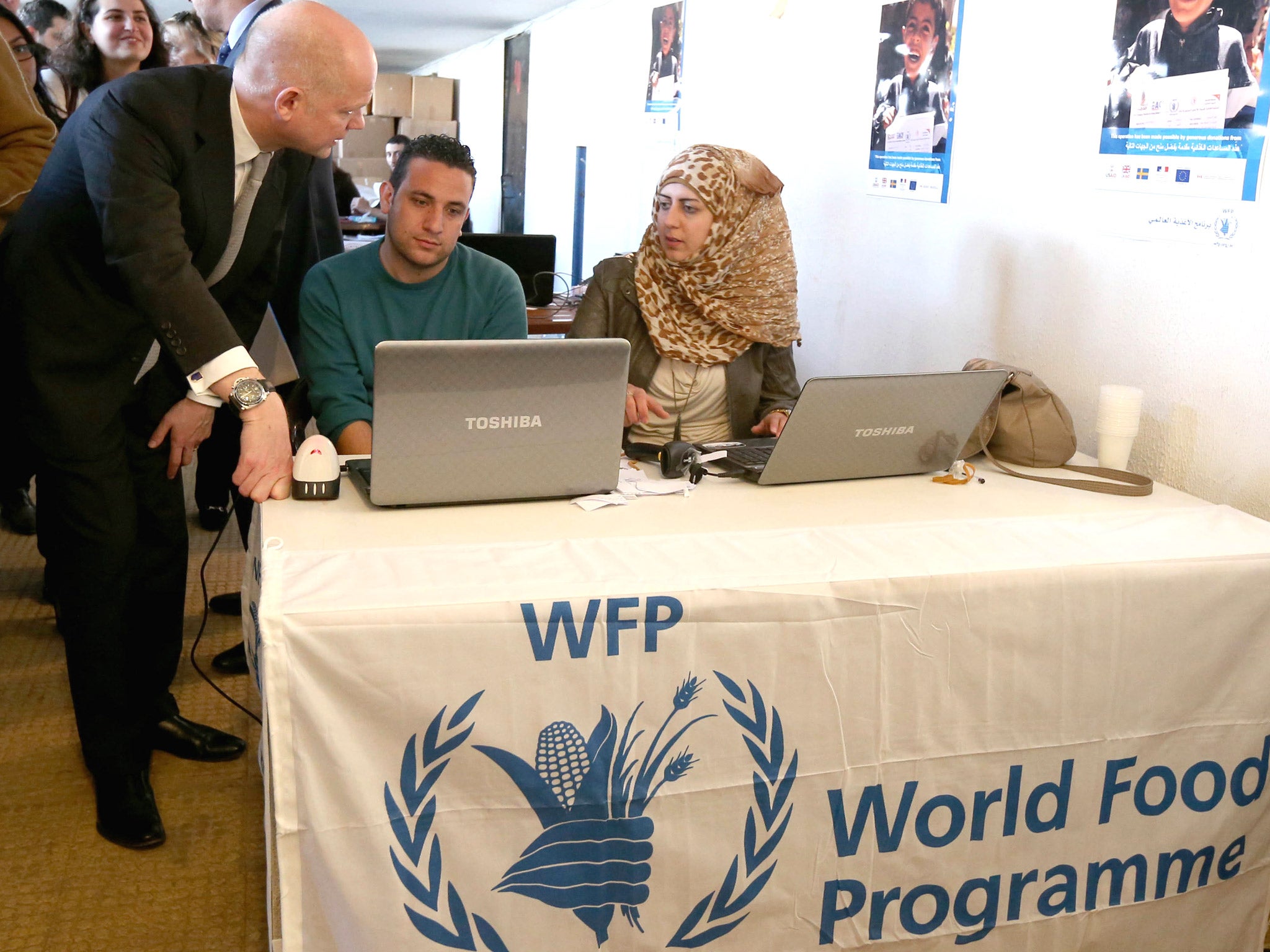The Independent's journalism is supported by our readers. When you purchase through links on our site, we may earn commission.
Foreign aid has had a victorious year: Let's celebrate not disparage the good work being done abroad
The scale of progress in developing countries is not to be underestimated

If you picked up the Daily Mail on New Year’s Day you could have been forgiven for thinking it was Groundhog Year.
Sure enough, exactly one year on from a piece that revelled in a report which slapped down aid as a ‘self –indulgent con job’ they were on the case again – this time criticising ‘lavish’ spending on some of the world’s poorest people. It seems that for aid’s harshest critics finding one criticism of a complex project is grounds for dispensing with the entire thing.
We hear much less about the scale of progress in developing countries. 2013 brought with it plenty of optimism about what is being achieved in poverty reduction across the globe. Malaria deaths amongst under-fives have halved already this century. The Economist hailed the end of poverty as a milestone within reach of our generation and they weren’t alone. Aid is playing a role in helping to drive unprecedented global progress. Where there isn’t any sign of that progress it continues to help pick up the pieces – in South Sudan, Syria and the Central African Republic.
But, you can see why the average Brit might be a bit miffed if the Government were dishing out their hard earned taxes to corrupt regimes, especially those that contribute to global insecurity. So is it?
Let’s get things into perspective. On New Year’s Day most of us were probably suffering a festive hangover. The average taxpayer contributes less than a pound a day to the aid budget - a good proportion of us had probably spent a sizeable chunk of that on going out over Christmas. What’s more, the Mail piece was not talking about the bulk of British aid – the money singled out amounts to around 4% of the annual bill.

And what is happening to that money? You could be forgiven for thinking that money described as going ‘to a country’ is going directly to the government of that country. Often it’s not. In the case of Somalia is totally misleading to say that all of the £86.8 million is given to the Government. This is the total amount of assistance provided to Somalia and is therefore provided through a range of channels including Humanitarian agencies, the World Bank and the UN.
The article references the work of the ‘respected’ anti-corruption campaigners Transparency International (deserved recognition by the way). Yes, that’s the same Transparency International which recently awarded the UK’s overseas aid programme a green light for its anti-corruption efforts, meaning ‘little or no additional action is needed’. To its credit the Department for International Development doesn’t have its head in the sand and has acted on criticism of its efforts to avoid money going missing by implementing anti-corruption strategies for the countries deemed most at risk. Transparency International goes on to dish out a red light warning to the UK on several domestic fronts - so perhaps critics of aid should acknowledge it isn’t just charity that needs to begin at home.
Many of the world’s most corrupt countries are recovering from or suffering conflict – and while this doesn’t excuse anybody who is on the take – it does make the job of helping people to rebuild their lives even harder when schools and hospitals have been reduced to rubble, roads and farms re-imagined as battlefields and political systems rendered useless.

The people of Afghanistan and Somalia are already quite aware that their Governments leave a lot to be desired – but this failure is no reason for us to turn our backs on them. Working out how best to help isn’t always straightforward (and in fragile states it tends to cost more) but aid that helps to generate tax revenue – though enterprise and better financial systems plays an important role.
It would be nice if the aid debate changed focus in 2014. For starters, let’s put the value for money argument to bed. As Owen Barder at the Centre for Global Development valiantly shows: even if the successful eradication of smallpox was the only achievement of aid it would still have saved 60 million lives, each at almost half the the accepted cost of trying to save a life on the NHS. It would be nice, too, if supporters could be more constructive in accepting the need to move with the times and reflect the reality of global relationships in the 21st century (maybe by taking a leaf out of Oxfam’s book).
The steadfast support of the current Government for meeting the 0.7% aid commitment suggests it is unlikely that we will see the harshest aid critics given much succour between now and the election. This means the aid budget will continue to change lives for the better in 2014. Just not as quickly as we might like.
Jonathan Tanner is Media and Public Affairs Officer at the Overseas Development Institute.
Join our commenting forum
Join thought-provoking conversations, follow other Independent readers and see their replies
Comments
Bookmark popover
Removed from bookmarks